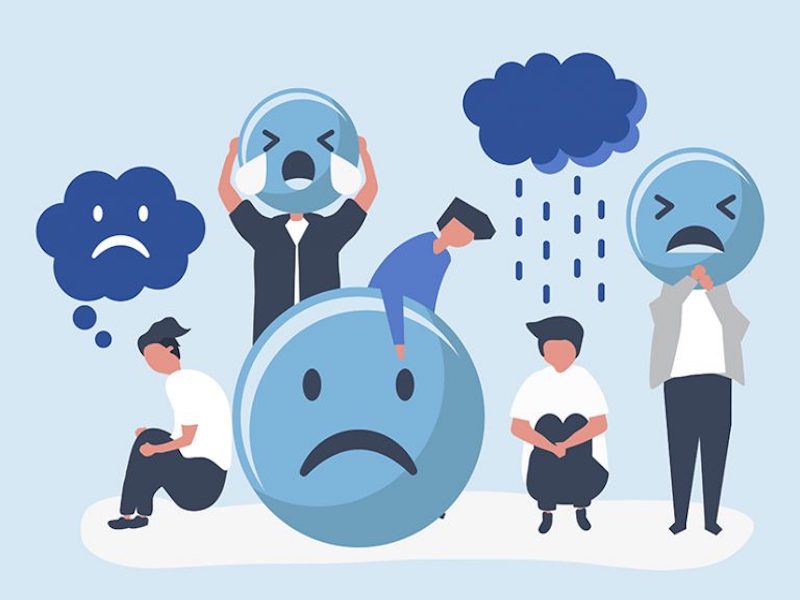
Mental-health symptomology — such as difficulty concentrating, feelings of isolation and lack of motivation — is incredibly impactful in the workplace and makes it difficult for people to function at or return to work.
“There’s no question that anxiety and depression are very prevalent in the Canadian workplace and are very relevant to plan sponsors,” said Judith Plotkin, vice-president of strategic health solutions at People Corp., speaking at Benefits Canada’s 2019 Toronto Mental Health Summit on Nov. 29.
Addiction, which is often co-presented alongside anxiety and depression, is one of the areas that has really changed over the last few years, she noted. “For those of you sitting there thinking this isn’t relevant for your workplace, I’m going to suggest you haven’t done a drug utilization review in a while. Because if you had, you’d see things like Suboxone and Methadone, which are indicators that employees are struggling with opioid addiction. If you think it’s not a problem, it’s because you haven’t looked lately.”
Read: Mental health and substance abuse issues on the rise: survey
According to Plotkin, consultants say mental health is their No. 1 issue because it’s a driver for other illnesses and drives both short- and long-term disability claims. Further, consultants are worried plan sponsors aren’t well-equipped to deal with mental illness in the workplace, she added.
Plotkin also noted many people are moving onto STD and LTD without a diagnosis or treatment plan — and also without a mental-health assessment. “There’s a broad acknowledgement that the best collaborative care model involves a therapist, [general practitioner] and psychiatrist, but this simply isn’t happening. People are waiting six to 24 months for psychiatry.”
In fact, 75 per cent of people don’t get the help they need when they’re suffering from mental illness, she said, highlighting that common mental-health misconceptions within the workplace could be a factor.
Read: Time for more hands-on management of massage therapy benefits?
And people struggling to stay at work with mental illness without getting the help they need can lead to performance issues and difficulty in delivering on their workplace goals, added Plotkin. “The thought that people don’t recover, or that mentally-ill individuals are violent, couldn’t be falser.”
Mental-health treatment can be split into three major categories: counselling or psychotherapy, medication and a combination of the two, according to Dr. Arash Zohoor, co-founder of Inkblot Therapy Inc., who spoke with Plotkin during the session. “Thinking about benefits, the most realistic question is, ‘What’s the most cost-effective, high-quality option in terms of providing solutions to the employees?’”
The data shows medication plus counselling is about 40 per cent more effective than either treatment alone, said Dr. Zohoor. However, it isn’t straightforward for all cases. Depending on the severity of someone’s anxiety and depression, as well as their age group, the option of medication or counselling might actually trump the combination therapy, he added.
Read: Depression, alcohol addiction top conditions covered by employers: survey
About 175 different approaches exist in psychotherapy with each of those also including various sub-types, noted Dr. Zohoor. For depression, there’s definitely evidence for traditional cognitive behavioural therapy, but there’s also almost equal or stronger evidence for inter-personal therapy, which focuses on the relationships that an individual has with other people. “The issue in the psychotherapy world is that people still only cover CBT,” he said.
Despite the fact that everyone has individual experiences, there are dramatic differences in terms of the treatment received — even with identical cases, added Dr. Zohoor “It’s really absurd that within mental health, which is the No. 1 cause of disability worldwide, we have such heterogeneity in terms of treatment.”
Read more coverage of the 2019 Toronto Mental Health Summit.
